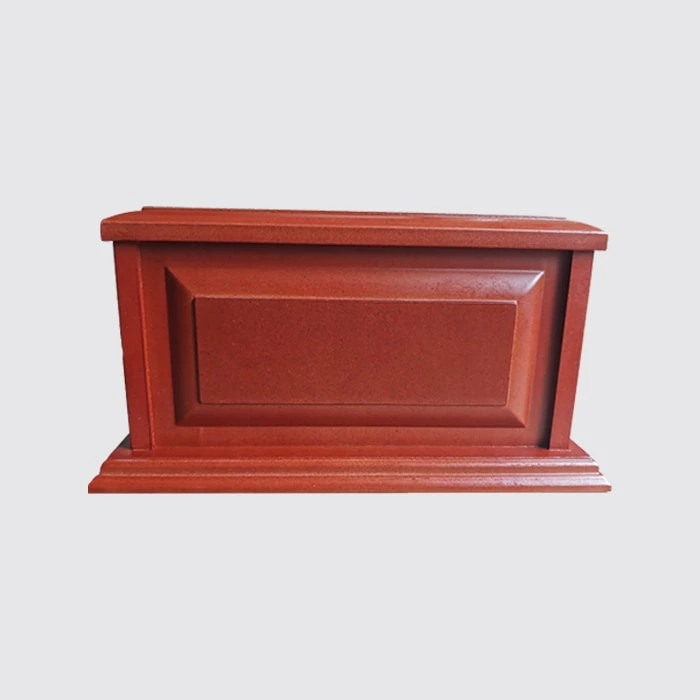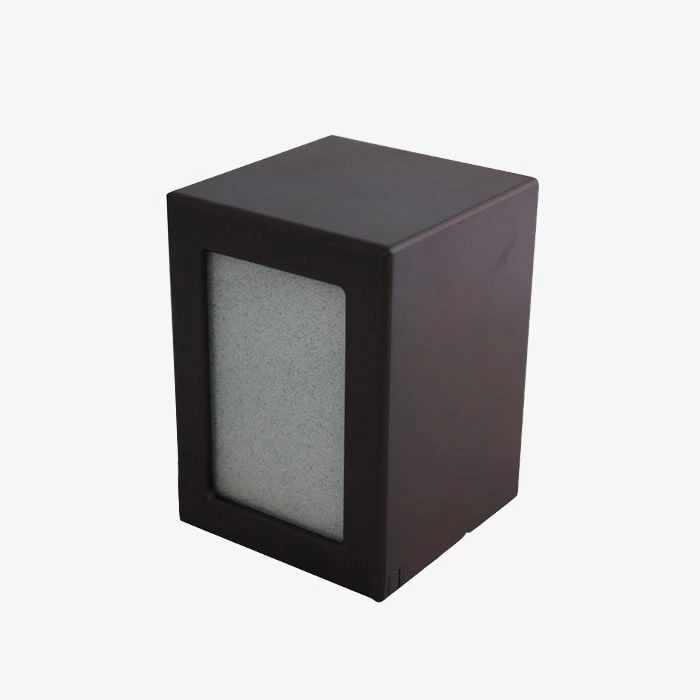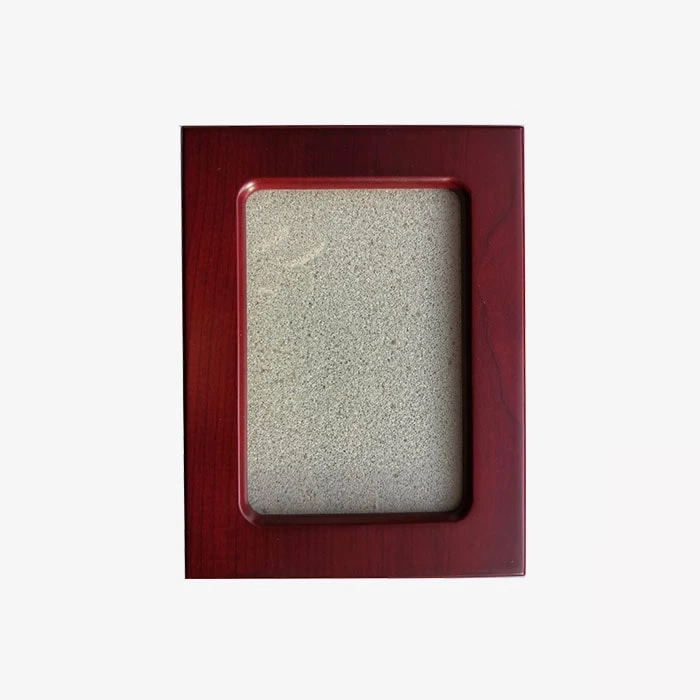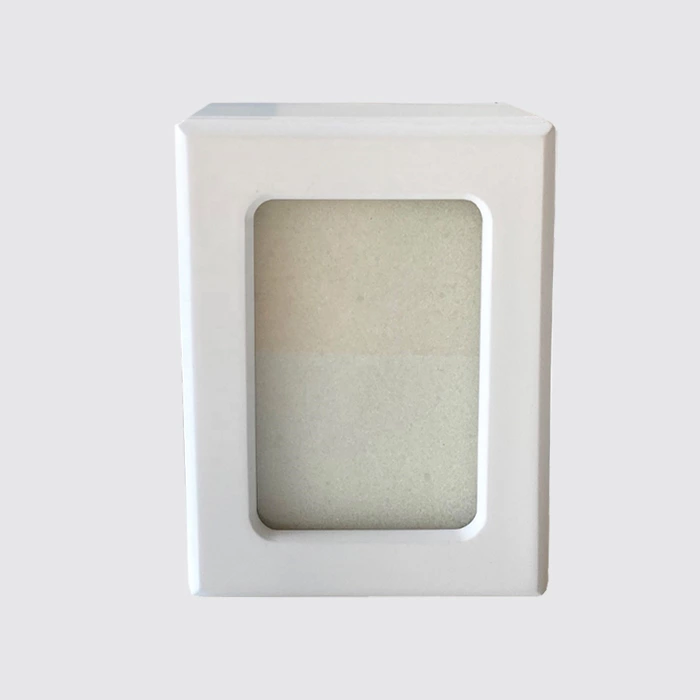Different Types of Pet Urns: Advantages and Disadvantages-First urns
Introduction:
When we forever lose our beloved pets, then you should need to choose a proper urn to preserve their ashes is of utmost importance. while we are in front of a multitude of choices, how do we select the best one? This article will compare wooden, ceramic, glass, and metal urns, aiding you in making the best decision.

*Table on the characteristics of wooden urns in comparison to ceramic, glass, and metal urns.
| Features | Wooden Urns | Ceramic Urns | Glass Urns | Metal Urns |
| Biodegradability | High | Low | Low | Low |
| Non-toxicity | High | Medium | High | Medium |
| Recyclability | High | Low | Low | Medium |
| Aesthetic Appeal | Medium | High | High | Medium |
| Relative Price | Low | Medium | High | High |
| Portability | High | Medium | Low | Medium |
| Transportation | Medium | Low | Low | High |
| Processing Difficulty | Low | High | Medium | Medium |
| Processing Cycle | Low | High | Medium | Medium |
The given table compares wooden urns with urns made from several other materials. Through this table, we can clearly see the advantages and disadvantages of each urn material, thus making more informed decisions when choosing.
Comparative analysis of Different Urn Materials
Wood urns score highly in terms of biodegradability, non-toxicity, and recyclability. This means they have a relatively smaller impact on the environment and pose no harm to human health. Additionally, because wood is natural, it offers excellent durability and stability, allowing for long-term preservation.
In contrast, ceramic urns excel in aesthetics and portability. Ceramic urns are often exquisitely designed, showcasing the departed's photos or ashes beautifully. However, ceramic urns underperform in terms of biodegradability and recyclability.
Glass urns provide high transparency, clearly displaying the departed's ashes and photos. However, the fragility of glass requires careful handling. Moreover, glass urns typically come at a higher price.
Metal urns, typically fabricated from metals like stainless steel, offer excellent corrosion resistance and are easy to clean. Yet, metal urns might be pricier and may not be as aesthetically pleasing as urns made from other materials.
This table allows us to better understand the characteristics, pros, and cons of various urn materials. In choosing, we can select the most suitable urn based on personal needs and preferences. Whichever material we choose for the urn, we should respect the departed and carefully preserve their ashes and belongings.
*Comparative Analysis of Advantages and Disadvantages of Different Urn Materials.
| Material | Advantages | Disadvantages |
| Wooden Urns | Biodegradable, Non-toxic, Recyclable, Durable, Long-lasting | Average in terms of transportation |
| Ceramic Urns | Aesthetic appeal, Lightweight | Not great in terms of biodegradability and recyclability, High processing difficulty and cycle |
| Glass Urns | High Transparency, Showcases ashes/photos well | Fragile, Expensive, Low in terms of transportation |
| Metal Urns | Corrosion-resistant, Easy to clean | More expensive, Not as visually appealing, High in terms of transportation |
When choosing an urn, we should select the most suitable one based on our personal needs and preferences. Regardless of the material chosen for the urn, we must respect the departed and properly preserve their remains.
Additional Information:
• Wooden urns have the lowest processing difficulty and cycle but are only average in terms of transportation; ceramic urns score highest in transportation, processing difficulty, and cycle, but could be the most beautiful and refined; glass urns score lowest in transportation but are average in processing difficulty and cycle, and have certain transparency and gloss; metal urns score highest in transportation but are average in processing difficulty and cycle, and have a certain robustness and durability.
• Ceramic urns, primarily made from ceramic materials, have their box body and decorative molding as a whole without connecting parts. The biggest feature: it can solve the problem of wooden urns getting damp, prevent moisture from seeping into the box from the body or the connection between the box and the lid, ensuring long-term dryness inside the urn.
• Glass urns are containers made of glass material for holding ashes after body cremation. The main technical feature is that they are made of glass material, and the box body and lid are separate components with connecting parts.
• Metal urns are containers made of metal material for holding ashes after body cremation. The main technical feature is that they are made of metal material, and the box body and lid are separate components with connecting parts.
Citation:





